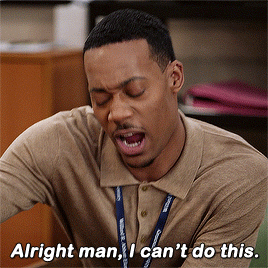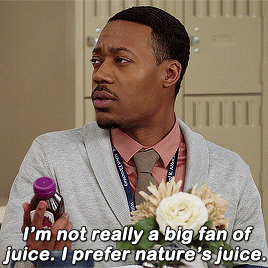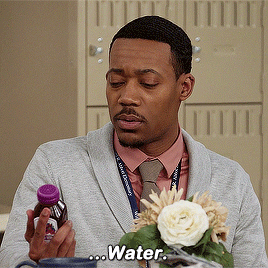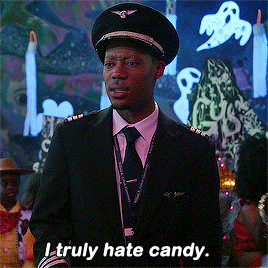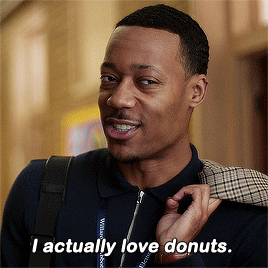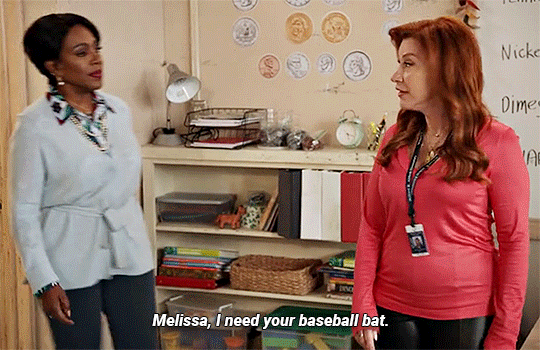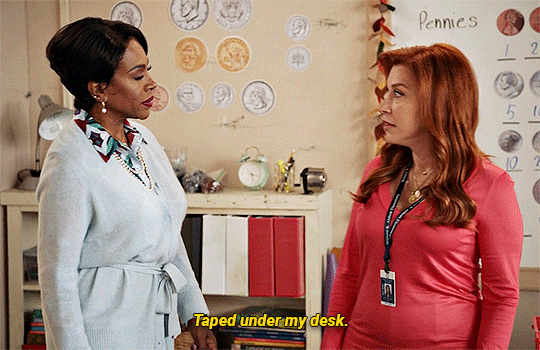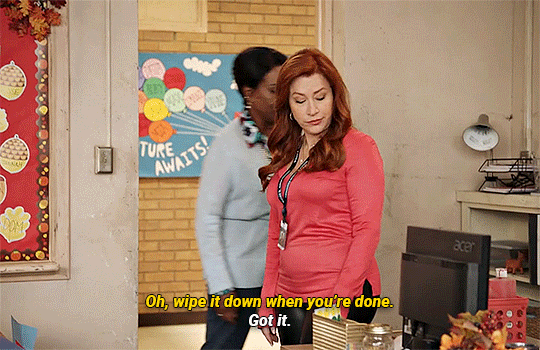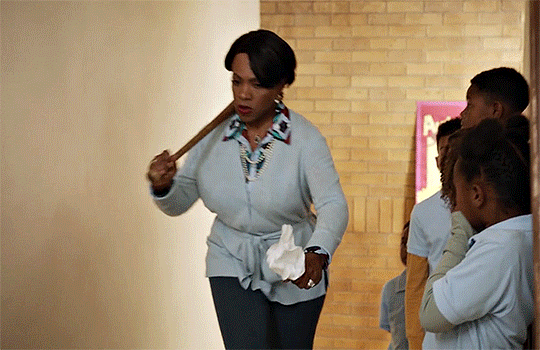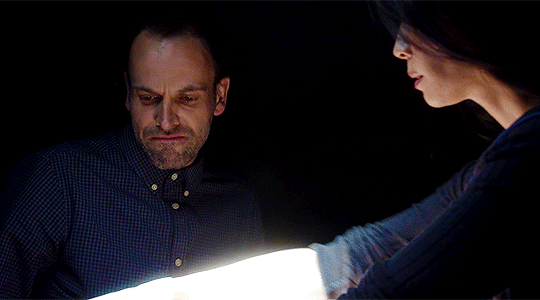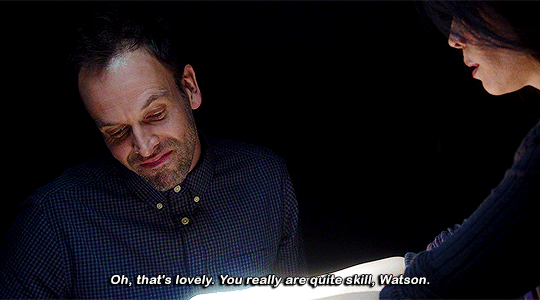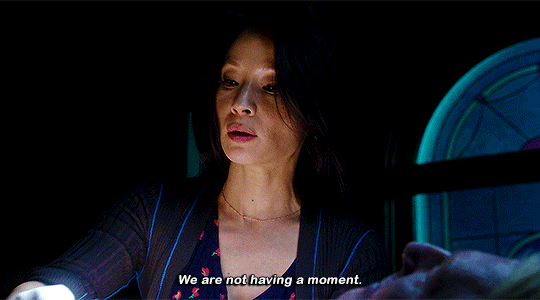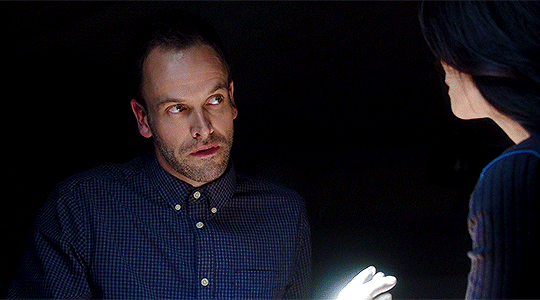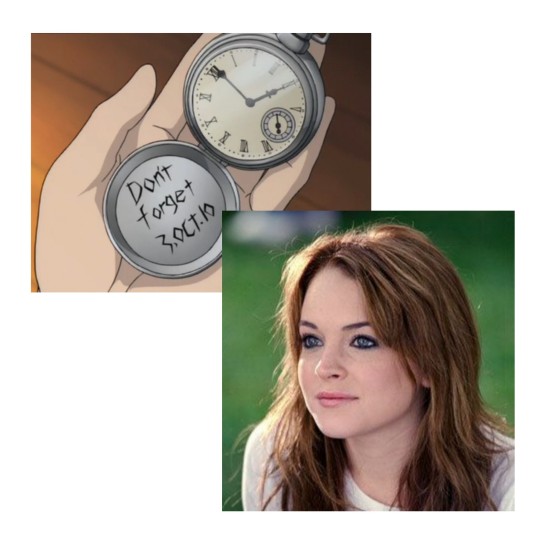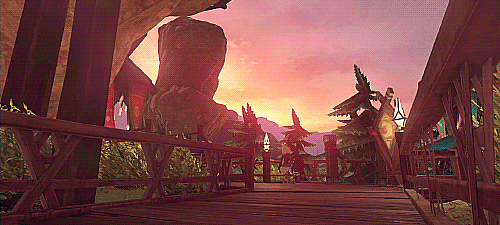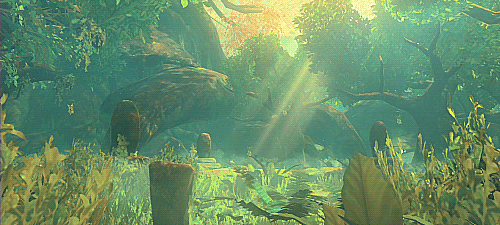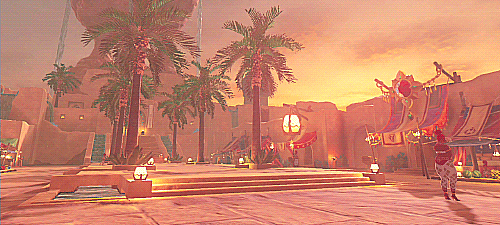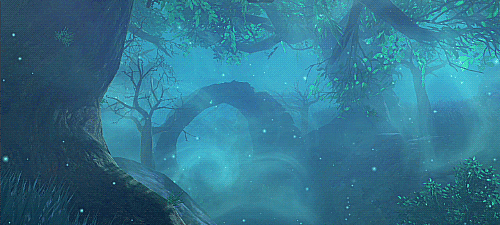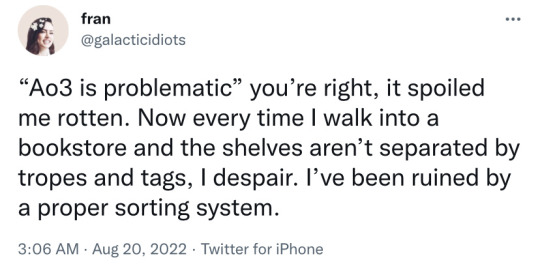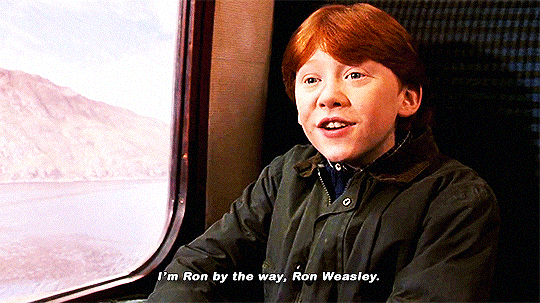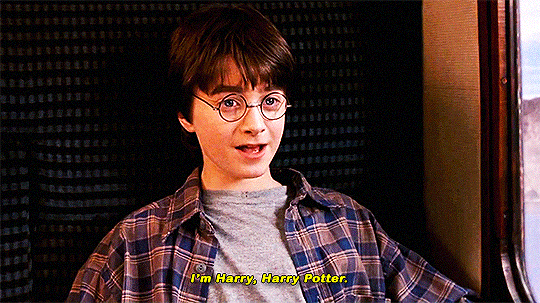A very messy multifandom side blog... I mainly post stuff from: Elementary --Harry Pottee -- Modern Family -- Bollywood (mostly srkajol) --Tim Burton -- Miyazaki -- The Raven Cycle -- OINTB -- ASOUE -- .Mainly mainly Elementary actually....
Don't wanna be here? Send us removal request.
Photo










Fluent in three dozen languages, but the man has never seen Say Anything.
1K notes
·
View notes
Text
one thing that fascinates me about fandom culture is characters that are pretty much just made up out of nowhere
like i was in a tag for a thing i like and i saw someone posting like ‘do you ever just think about how [character] does this thing’ and that character does not exist in the original, they were entirely made up and fleshed out by fans
and i kind of love how people can come together and create this community and this shared universe just out of our collective enthusiasm for The Thing
100 notes
·
View notes
Text
There’s a line from American Gods I keep coming back to in relation to Yellowjackets, an observation made early on by Shadow in prison: “The kind of behavior that works in a specialized environment, such as prison, can fail to work and in fact become harmful when used outside such an environment.” I keep rotating it in my head in thinking about the six survivors, the roles they occupy in the wilderness, and the way the show depicts them as adults in society.
Because in the wilderness, as in prison, they’re trapped—they’re suffering, they’re traumatized, they’re terrified—but they’re also able to construct very specific boxes to live in. And, in a way, that might make it easier. Cut away the fat, narrow the story down to its base arc. You are no longer the complex young woman who weighs a moral compass before acting. You no longer have the luxury of asking questions. You are a survivor. You have only to get to the next day.
Shauna: the scribe. Lottie: the prophet. Van: the acolyte. Taissa: the skeptic. Misty: the knight. Natalie: the queen. Neat, orderly, the bricks of a new kind of society. And it works in the woods; we know this because these six survive. (Add Travis: the hunter, while you’re at it, because he does make it to adulthood).
But then they’re rescued. And it’s not just lost purpose and PTSD they’re dealing with now, but a loss of that intrinsic identity each built in the woods. How do you go home again? How do you rejoin a so-called civilized world, where all the violence is restricted to a soccer field, to an argument, to your own nightmares?
How does the scribe, the one who wrote it all out in black and white to make sense of the horrors, cope with a world that would actively reject her story? She locks that story away. But she can’t stop turning it over in her head. She can’t forget the details. They’re waiting around every corner. In the husband beside her in bed. In the child she can’t connect with across the table. In the best friend whose parents draw her in, make her the object of their grief, the friend who lives on in every corner of their hometown. She can’t forget, so she tries so hard to write a different kind of story instead, to fool everyone into seeing the soft maternal mask and not the butcher beneath, and she winds up with blood on her hands just the same.
How does the prophet come back from the religion a desperate group made of her, a group that took her tortured visions, her slipping mental health, and built a hungry need around the very things whittling her down? She builds over the bones. She creates a place out of all that well-intended damage, and she tells herself she’s helping, she’s saving them, she has to save them, because the world is greedy and needs a leader, needs a martyr, needs someone to stand up tall and reassure everyone at the end of the day that they know what’s best. The world, any world, needs someone who will take those blows so the innocent don’t have to. She’s haunted by everyone she didn’t save, by the godhood assigned to her out of misplaced damage, and when the darkness comes knocking again, there is nothing else to do but repeat old rhymes until there is blood on her hands just the same.
How does the acolyte return to a world that cares nothing for the faith of the desperate, the faith that did nothing to save most of her friends, that indeed pushed her to destroy? She runs from it. She dives into things that are safe to believe in, things that rescue lonely girls from rough home lives, things that show a young queer kid there’s still sunshine out there somewhere. She delves into fiction, makes a home inside old stories to which she already knows the endings, coaxes herself away from the belief that damned her and into a cinemascope safety net where the real stuff never has to get in. She teaches herself surface-level interests, she avoids anything she might believe in too deeply, and still she’s dragged back to the place where blood winds up on her hands just the same.
How does the skeptic make peace with the things she knows happened, the things that she did even without meaning to, without realizing? She buries them. She leans hard into a refusal to believe those skeletons could ever crawl back out of the graves she stuffed them into, because belief is in some ways the opposite of control. She doesn’t talk to her wife. She doesn’t talk to anyone. It’s not about what’s underneath the surface, because that’s just a mess, so instead she actively discounts the girl she became in the woods. She makes something new, something rational and orderly, someone who can’t fail. She polishes the picture to a shine, and she stands up straight, the model achievement. She goes about her original plan like it was always going to be that way, and she winds up with blood on her hands just the same.
How does the knight exist in a world with no one to serve, no one to protect, no reason propelling the devastating choices she had grown comfortable making? She rechannels it. She convinces herself she’s the smartest person in the room, the most capable, the most observant. She convinces herself other people’s mysteries are hers to solve, that she is helping in every single action she takes. She makes a career out of assisting the most fragile, the most helpless souls she can find, and she makes a hobby out of patrolling for crimes to solve, and when a chance comes to strap her armor back on and ride into battle, she rejoices in the return to normalcy. She craves that station as someone needed, someone to rely upon in the darkest of hours, and she winds up with blood on her hands because, in a way, she never left the wilderness at all.
How does the queen keep going without a queendom, without a pack, without people to lead past the horrors of tomorrow? She doesn’t. She simply does not know how. She scrounges for something, anything, that will make her feel connected to the world the way that team did. She moves in and out of a world that rejects trauma, punishes the traumatized, heckles the grieving as a spectacle. She finds comfort in the cohesive ritual of rehabilitation, this place where she gets so close to finding herself again, only to stumble when she opens her eyes and sees she’s alone. All those months feeding and guiding and gripping fast to the fight of making it to another day, and she no longer knows how to rest. How to let go without falling. She no longer wears a crown, and she never wanted it in the first place, so how on earth does she survive a world that doesn’t understand the guilt and shame of being made the centerpiece of a specialized environment you can never explain to anyone else? How, how, how do you survive without winding up with blood on your hands just the same?
All six of these girls found, for better or worse, a place in the woods. All six of them found, for better or worse, a reason to get up the next day. For each other. And then they go home, and even if they all stayed close, stayed friends, it’d still be like stepping out of chains for the first time in years. Where do you go? How do you make small choices when every decision for months was life or death? How do you keep the part of yourself stitched so innately into your survival in a world that would scream to see it? How do you do away with the survivor and still keep going?
They brought it back with them. Of course they did. It was the only way.
1K notes
·
View notes
Photo
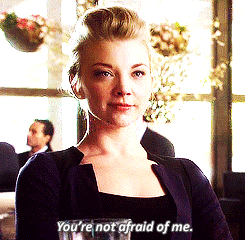
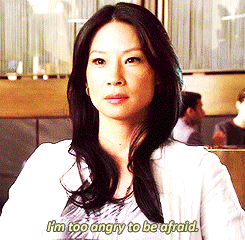
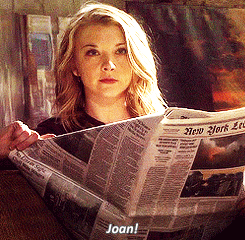
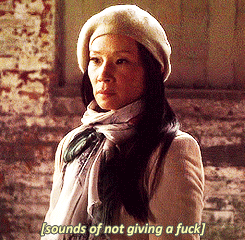
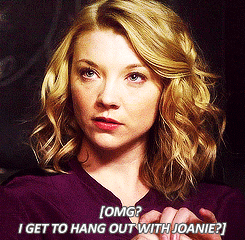
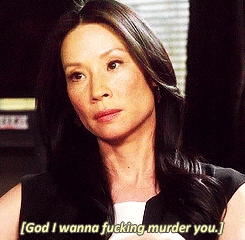

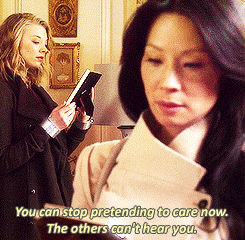
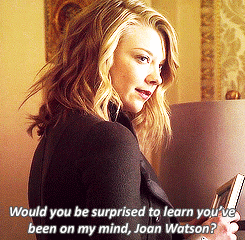
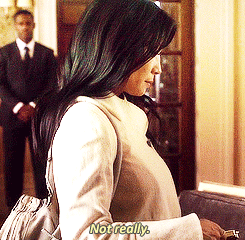
“otp: moriarty’s obsessive crush/joan’s casual disregard for it”
63K notes
·
View notes
Text





You already know I favour you. Elementary | 1x03 Child Predator
695 notes
·
View notes
Text
Even as lesbian who was pressured into dating men before I came out, I don't want representation of lesbians experimenting with men in media. It would have been way more beneficial as a kid for me to see women say "no I've never been attracted to men so I never dated them", than to have a lesbian character experiment casually. They often paint fucking men as a lesbian as the easiest thing to do. But to actual lesbians, it wasn't some funny little mistake, it was the worst point in your life, inducing conversion therapy on yourself. Late-blooming lesbians usually have addiction issues, having spent years numbing themselves with alcohol and drugs to be with men. Suicide attempt are common. If they want to depict late blooming lesbians, then show her at that point of coming out, no man present, thrilled to finally be able to be herself. I am sick and tired of every lesbian movie having to do with cheating on a man or a man being a romantic rival/option. I want representation of lesbians with no men involved in the plot at all. I want little gay girls of the future to know they never have to "check" to make sure they're a lesbian by letting a man fuck them - listen to your body and wait for another girl to come along. I rather have all lesbian media depict women who have never ever been with men, than fail miserably by depicting a lesbian just fucking a man for hijinks.
1K notes
·
View notes
Photo
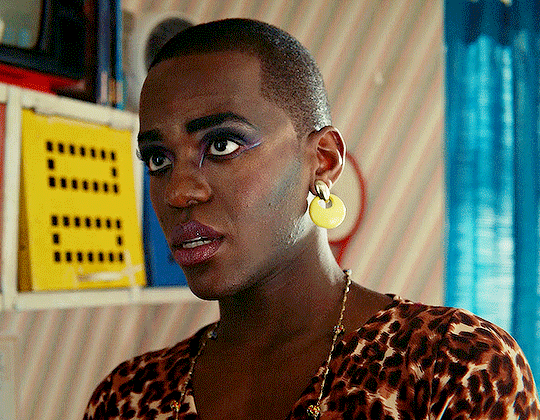

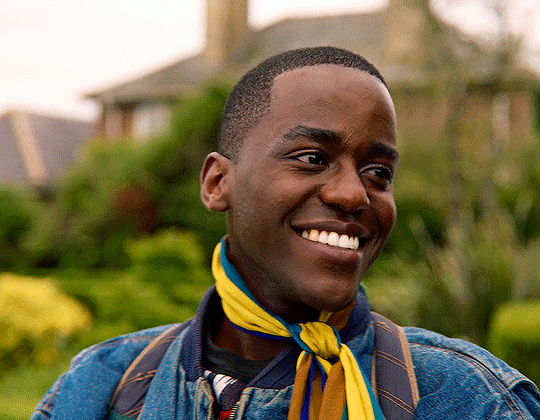
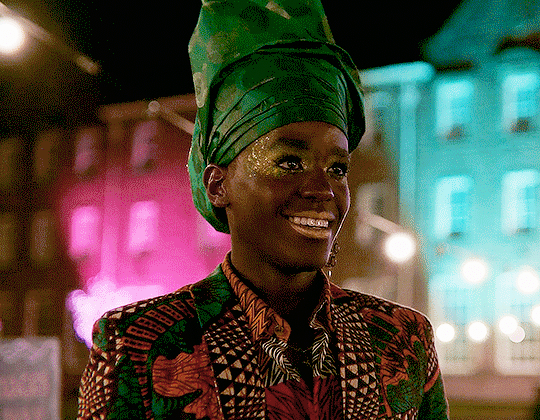
PRIDE MONTH CELEBRATION WEEK Day Six: Character Eric Effiong (Sex Education)
1K notes
·
View notes
Photo



superstore rewatch: season two (black friday) ↪ jonah being jonah
351 notes
·
View notes
Photo

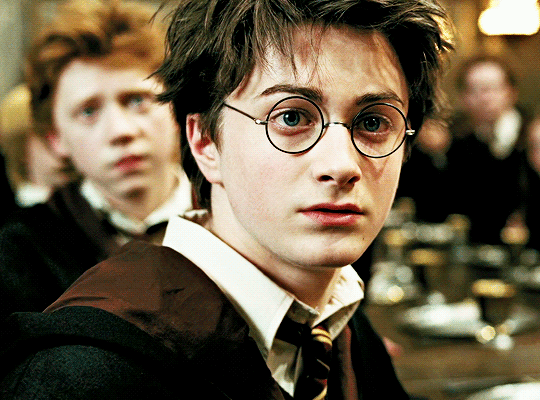
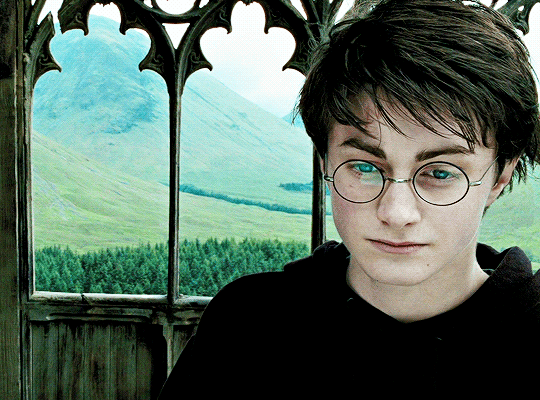
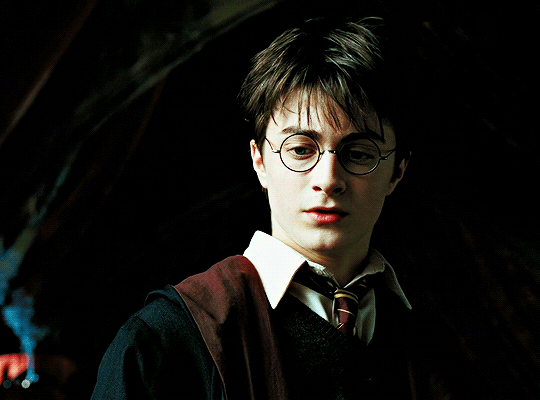
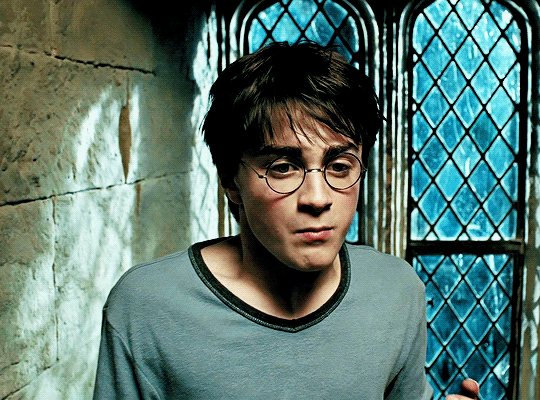
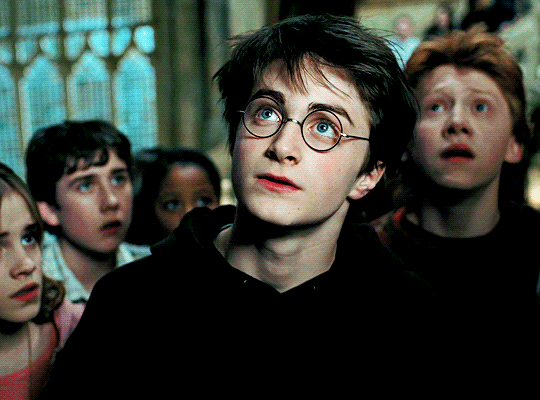
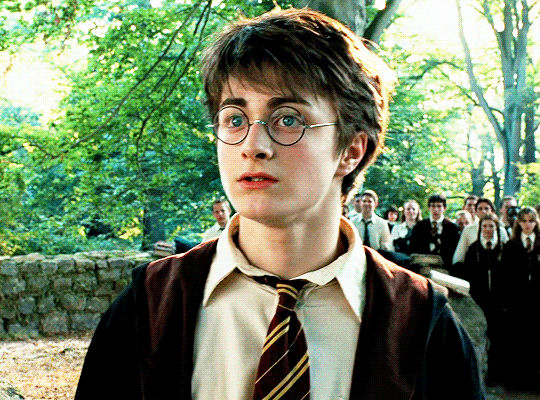
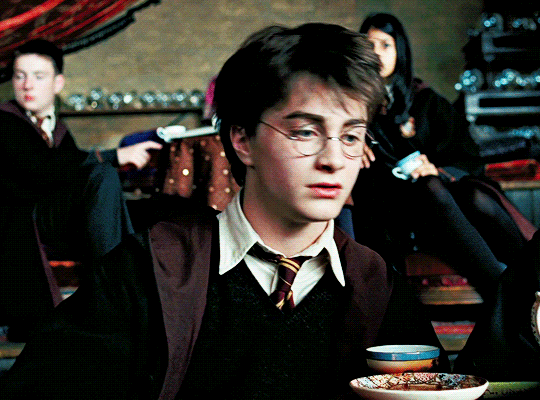
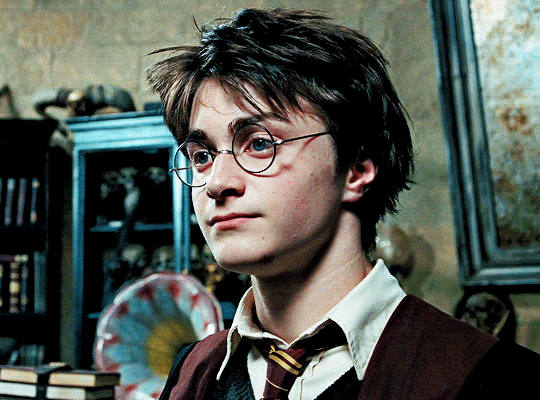
I was thinking of Dad.. and Mum. Seeing their faces. They were talking to me, just talking. That’s the memory I chose. I don’t even know if it’s real. But it’s the best I have. — Daniel Radcliffe as Harry Potter in Harry Potter and the Prisoner of Azkaban | 2004 dir. Alfonso Cuarón
1K notes
·
View notes
Text
i love you purple i love you lavender i love you lilac i love you wisteria i love you violet i love you mauve i love you periwinkle i love you amethyst i love you
89K notes
·
View notes
